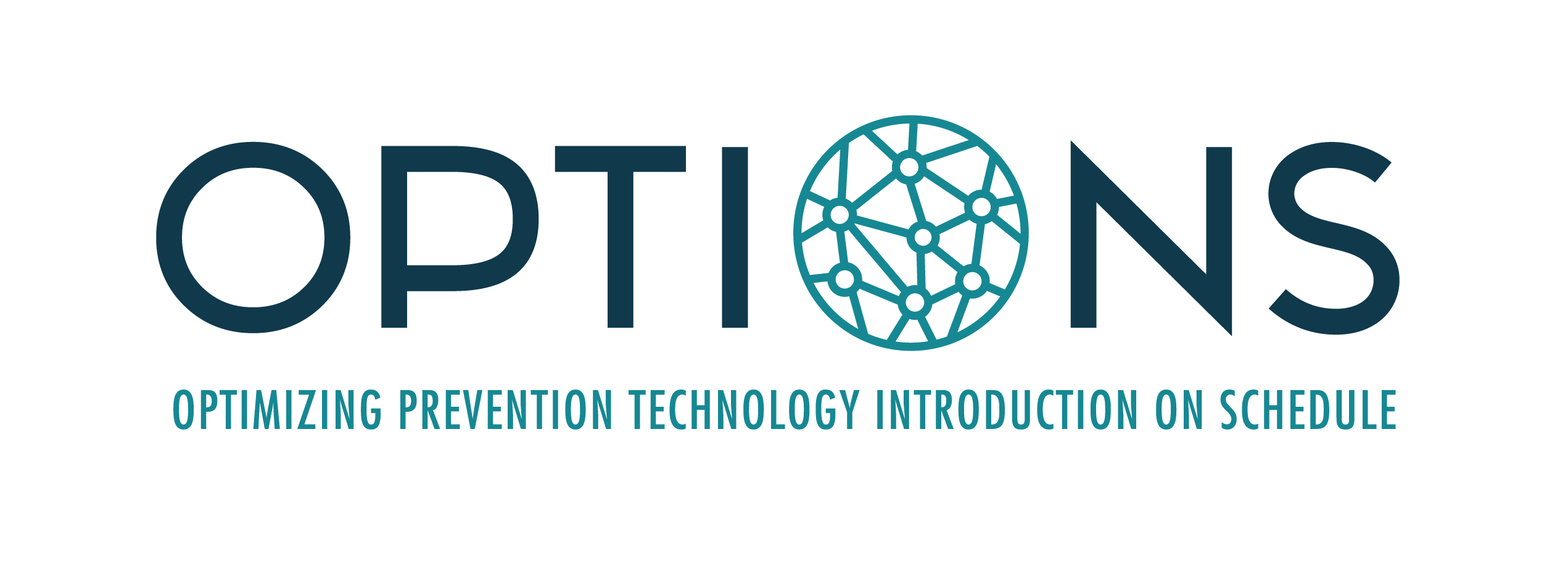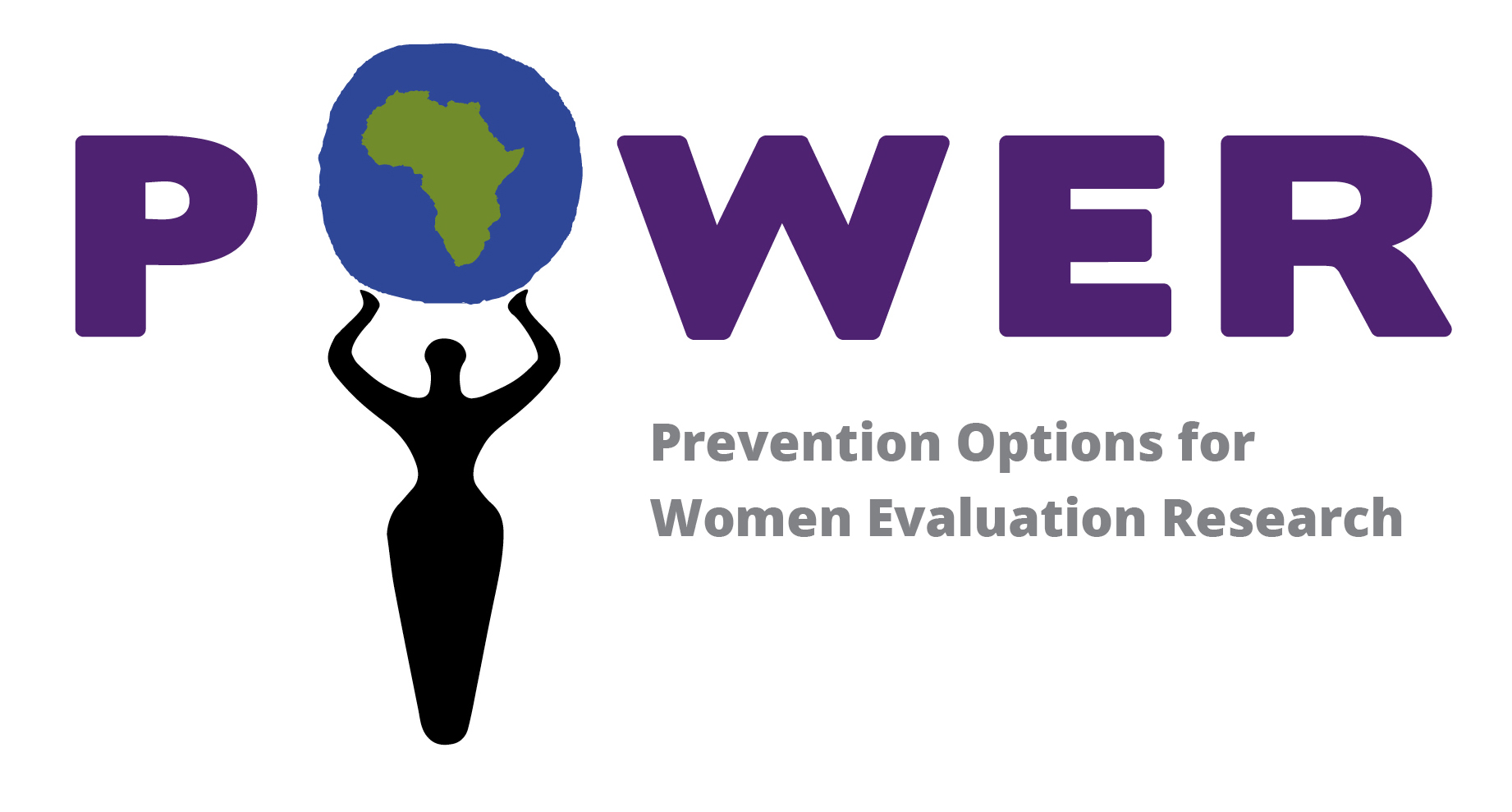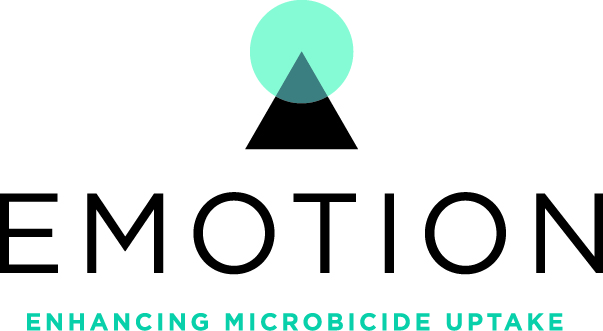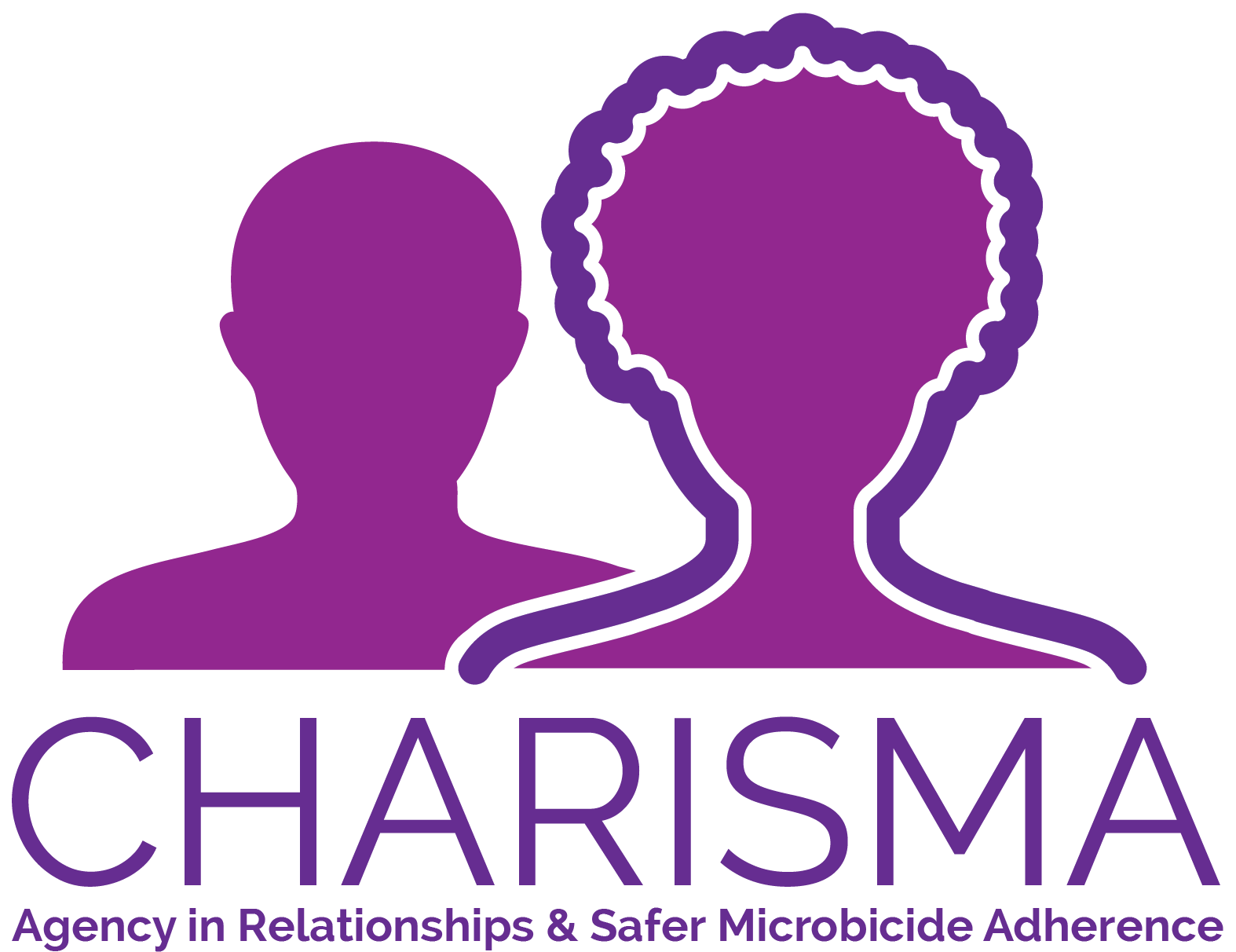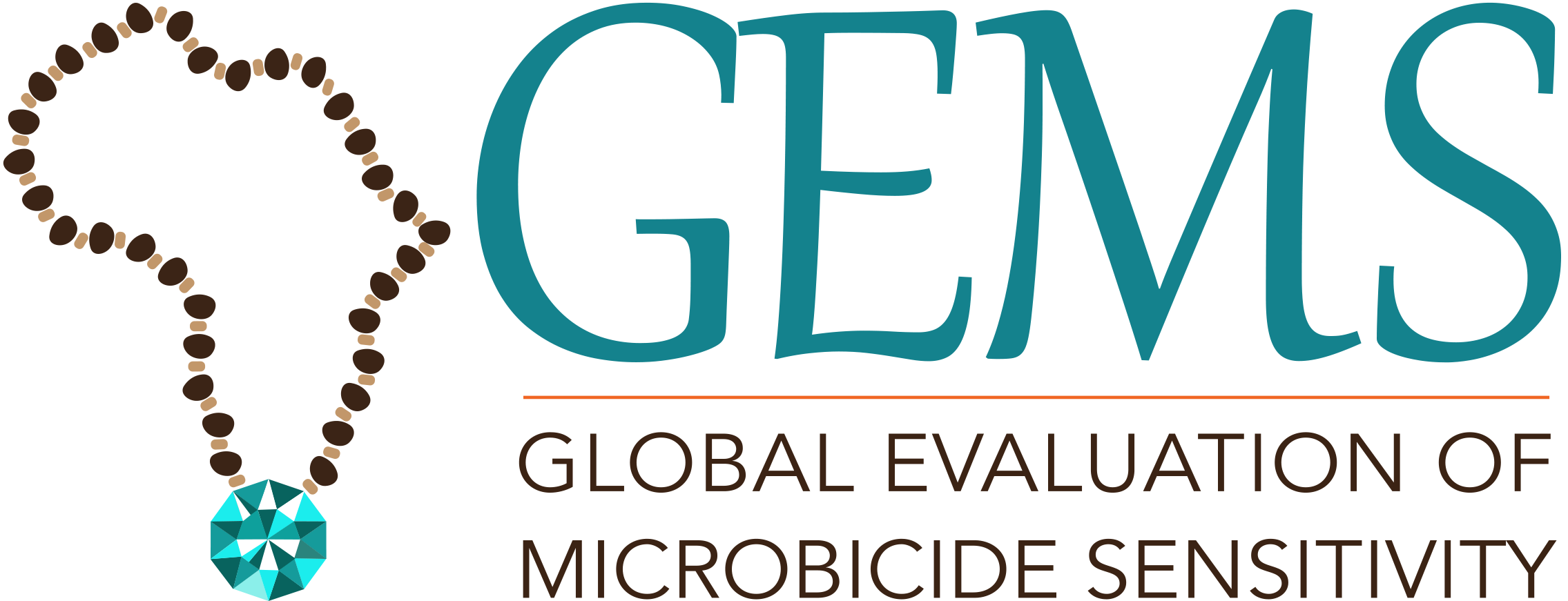Issue 3 – August 2016
-
South Africa launches oral PrEP program for sex workers
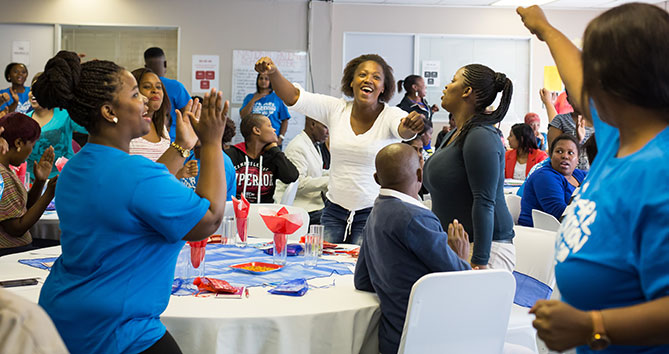
Photo Credit: Dawn Greensides, Wits RHI
On June 1, oral Pre-Exposure Prophylaxis (PrEP) and Test and Treat were made available for sex workers in South Africa by the National Department of Health. OPTIONS was among the many partners that supported this implementation. Eleven sites were selected for the initial implementation because they were already providing a comprehensive package of sexual reproductive health services and HIV treatment. Information, education and communication (IEC) materials, training materials, and monitoring and evaluation tools were prepared at a national level to support all of the sites and to ensure a standardized approach to the implementation of oral PrEP and Test and Treat. The IEC materials used in South Africa are available on PrEPWatch.
The sex worker population has responded well to oral PrEP and Test and Treat in the first few months of implementation. Social mobilization conducted by peer educators, the positive attitude of the health care teams, and skilled professional nurses all contributed to the effective delivery of the program. Challenges at some of the sites included delays in obtaining creatinine clearance results from the laboratories, resulting in loss of interest by clients; initial side effects having a negative impact on uptake; and a lack of social mobilization and information dissemination where peer educators were not present.
The WHO, is currently reviewing the implementation of oral PrEP and Test and Treat with the aim of identifying early lessons learned to inform continued implementation and make recommendations for further rollout.
-
AIDS 2016 offers young women’s perspectives in fight against HIV

Photo Credit: Leanne Gray, FHI 360
The 21st International AIDS Conference in Durban was a celebration of the progress we have made in the last 16 years since the conference was last held in South Africa. Despite this progress, we know that young women around the world, particularly in sub-Saharan Africa, are two to three times more likely to acquire HIV than young men in their same age group.
In an effort to make unheard voices heard, the OPTIONS Consortium and WHO co-sponsored two workshops at AIDS 2016 that offered a forum for oral PrEP and ring users to share their thoughts, challenges, and needs regarding their sexual and reproductive health (SRH). To learn more about what was shared, read our OPTIONS blog, which was the feature story in July’s In Focus: End HIV for Her e-newsletter.

